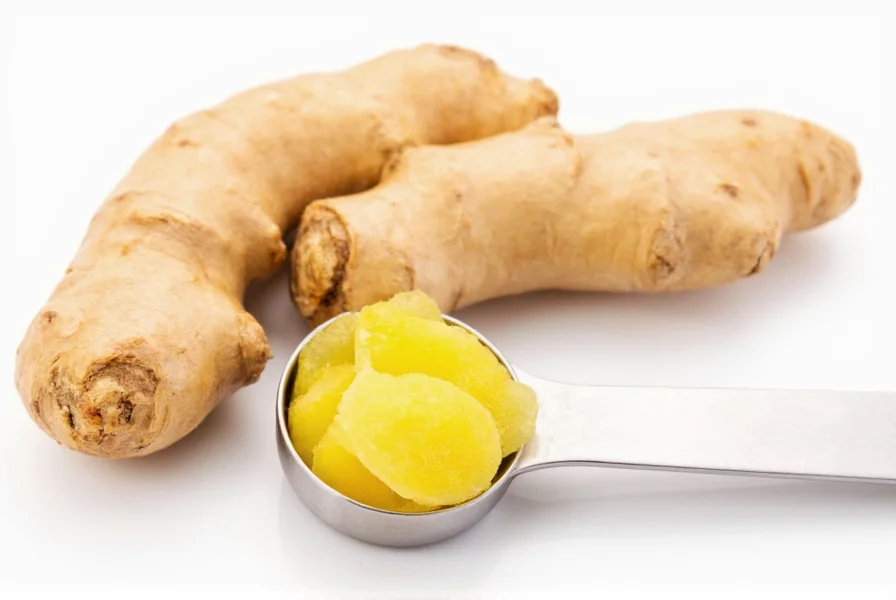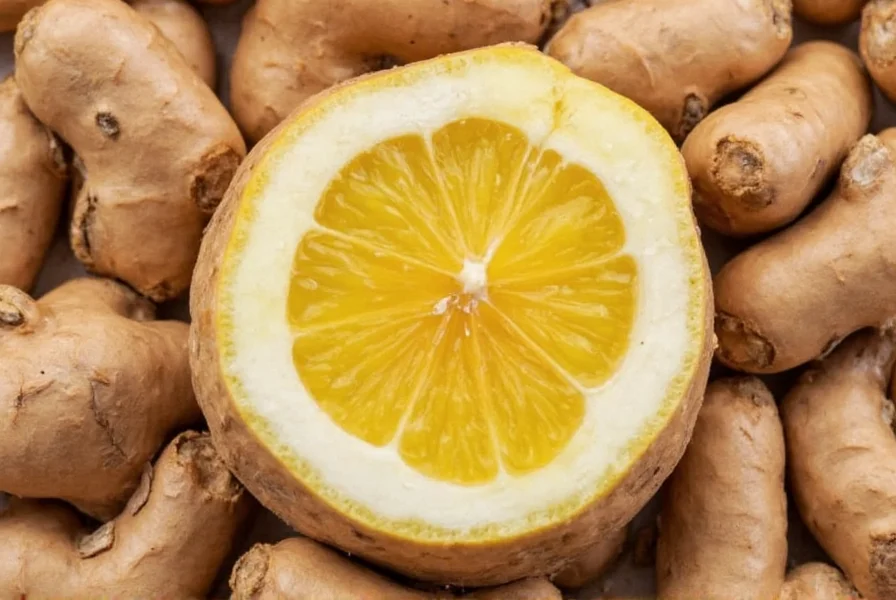Yes, you can consume too much ginger. While ginger is generally safe, consuming more than 4 grams of ginger per day may cause digestive issues, heartburn, and other side effects. Certain populations including pregnant women, people on blood thinners, and those with gallstones should be particularly cautious with their ginger intake.
Ginger has gained widespread popularity for its potential health benefits, from easing nausea to reducing inflammation. But as with many natural remedies, the question arises: can you consume too much ginger? The answer is yes—while ginger offers numerous health advantages, excessive consumption can lead to unwanted side effects and health complications.
Understanding Safe Ginger Consumption Limits
Most health authorities recommend a daily ginger intake of no more than 4 grams for adults. This includes all forms of ginger—fresh, dried, powdered, or as a supplement. For context, 4 grams of fresh ginger is approximately one tablespoon grated.
The World Health Organization suggests a more conservative limit of 2 grams per day for optimal safety. These guidelines apply to healthy adults without specific medical conditions that might increase sensitivity to ginger.

Common Side Effects of Excessive Ginger Consumption
Consuming ginger beyond recommended amounts can cause several unpleasant side effects:
- Digestive discomfort: Heartburn, gas, bloating, and stomach upset
- Mouth irritation: Burning sensation in the mouth
- Diarrhea: Especially when consuming large amounts of raw ginger
- Increased bleeding risk: Due to ginger's natural blood-thinning properties
- Lowered blood pressure: Potentially problematic for those already on blood pressure medication
These symptoms typically resolve once ginger consumption is reduced, but persistent issues warrant medical attention.
Who Should Limit Ginger Intake
Certain populations need to be particularly careful with how much ginger is too much per day:
| Population | Recommended Limit | Reason for Caution |
|---|---|---|
| Pregnant women | Under 1g daily | Potential risk of miscarriage at high doses |
| People on blood thinners | Consult physician | Increased bleeding risk |
| Individuals with gallstones | Limit consumption | Ginger may increase bile production |
| People with heart conditions | Monitor intake | Potential blood pressure effects |
Ginger and Medication Interactions
One critical aspect of ginger overdose symptoms involves potential medication interactions. Ginger may interact with:
- Blood thinners (warfarin, aspirin): Increases bleeding risk
- Diabetes medications: May enhance blood sugar-lowering effects
- High blood pressure medications: Could cause blood pressure to drop too low
- Antacids: Ginger's acidity may reduce effectiveness
If you take any prescription medications, consult your healthcare provider before significantly increasing your ginger consumption.
Recognizing Ginger Overconsumption
How do you know if you're consuming too much ginger daily? Watch for these warning signs:
- Persistent heartburn or acid reflux
- Unusual bruising or prolonged bleeding from minor cuts
- Dizziness or lightheadedness
- Excessive sweating
- Mouth numbness or burning sensation
- Diarrhea lasting more than 24 hours
If you experience multiple symptoms simultaneously, consider reducing your ginger intake immediately.
Practical Guidelines for Safe Ginger Consumption
To enjoy ginger's benefits while avoiding potential problems with consuming too much ginger, follow these evidence-based recommendations:
- Limit daily intake to 1-2 grams for general wellness (about 1/2 to 1 teaspoon of powdered ginger)
- When using fresh ginger, stick to 1-2 inches (2.5-5 cm) per day
- Space out consumption throughout the day rather than taking large doses at once
- Start with small amounts if you're new to ginger to assess tolerance
- Choose culinary uses over supplements for better natural regulation of intake
- Monitor your body's response and adjust accordingly
When Ginger Becomes Dangerous
While rare, extremely high doses of ginger (more than 5 grams daily for extended periods) may lead to more serious complications. Cases of ginger overdose symptoms becoming severe typically involve supplement misuse rather than culinary use.
There's no documented case of fatal ginger overdose in humans, but excessive consumption can exacerbate existing health conditions and create dangerous interactions with medications.
Finding Balance With Ginger Consumption
Ginger remains a valuable addition to most diets when consumed in moderation. The key is understanding your personal tolerance and respecting the safe daily ginger consumption limit that applies to your specific health circumstances.
For most healthy adults, incorporating ginger into meals, enjoying a cup of ginger tea daily, or using it occasionally for nausea relief falls well within safe parameters. The problems arise when ginger moves from culinary ingredient to primary supplement without proper guidance.











 浙公网安备
33010002000092号
浙公网安备
33010002000092号 浙B2-20120091-4
浙B2-20120091-4